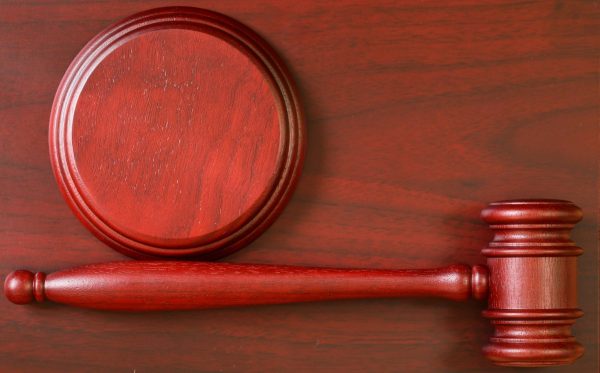You don’t have to be ashamed if you’re frightened after being charged with a crime. Almost everyone feels this way when facing criminal charges, especially if they are first-time offenders. Right now, you are asking yourself a mountain of questions that you cannot possibly answer on your own; and this only adds more anxiety and frustration. One of the topics that defendants have about their criminal case has to do with the court system. This is quite understandable since court policies and procedures differ greatly from city to city, and depend on the severity and type of crime.
To help put your mind at ease, talk to your trusted Indianapolis criminal defense lawyer for professional advice pertaining to your unique case. In the meantime, familiarize yourself with some common answers to some frequently asked questions about criminal court.

Criminal Defense Law Firm 317-636-7514
What are the Types of Criminal Courts in Indiana?
The three main types of specialized criminal courts include major felony, misdemeanor, and juvenile court. Each court system deals with the specific charges and penalties under their category. However, this can also depend on the county in which your crimes originated. And in some cases, minors are tried as adults in felony or misdemeanor court if their crimes are severe.
What is a Preliminary Hearing?
Essentially, preliminary hearings are the beginning of the indictment process for many criminal cases. Prosecution will build a case against a suspected defendant, and then bring it to a judge for approval to move forward with filing formal charges against the defendant.
Is a Failure to Appear a Crime?
Yes. If a person misses a mandatory court hearing, they will be issued a bench warrant. This is a type of arrest warrant that demands a person’s presence on the judge’s bench. When a person has a bench warrant, they can be arrested and taken into custody at any time, whether during a routine traffic stop or at their front door. They can post bail and be released from police custody in most cases, but they will have to sit in jail for at least a few hours.
What Can I Expect From a Public Defender?
A public defender is a court-appointed attorney that is paid by the government to represent defendants that are incapable of affording private legal counsel. Generally, they are given to those facing jail time for misdemeanor or felony charges. Although they are fully-qualified lawyers, public defenders often carry a stigma implying otherwise. They have the equivalent training and licenses and extensive courtroom experience that private lawyers do. But this does not mean they should be a first choice for someone facing serious criminal charges.
Can I Represent Myself in a Criminal Case?
Yes, but you should never do this. You do not have the adept knowledge of the law, nor the long-standing professional relationships with the local courts, prosecutors, and judges. Furthermore, a licensed criminal defense lawyer has the competence to build an impactful and aggressive defense on your behalf to protect you from being sentenced to the maximum penalties if convicted.
What Will Happen at My Trial?
What happens at your trial will depend on several factors, including the type of court your case is being adjudicated in, your criminal history, the severity of crime, and your representing attorney. Talk to your lawyer to get a better understanding of what to expect at your trial. It is likely that you will have more than one hearing or trial.
How to Get Started on Your Defense

David E. Lewis Attorney at Law 317-636-7514
